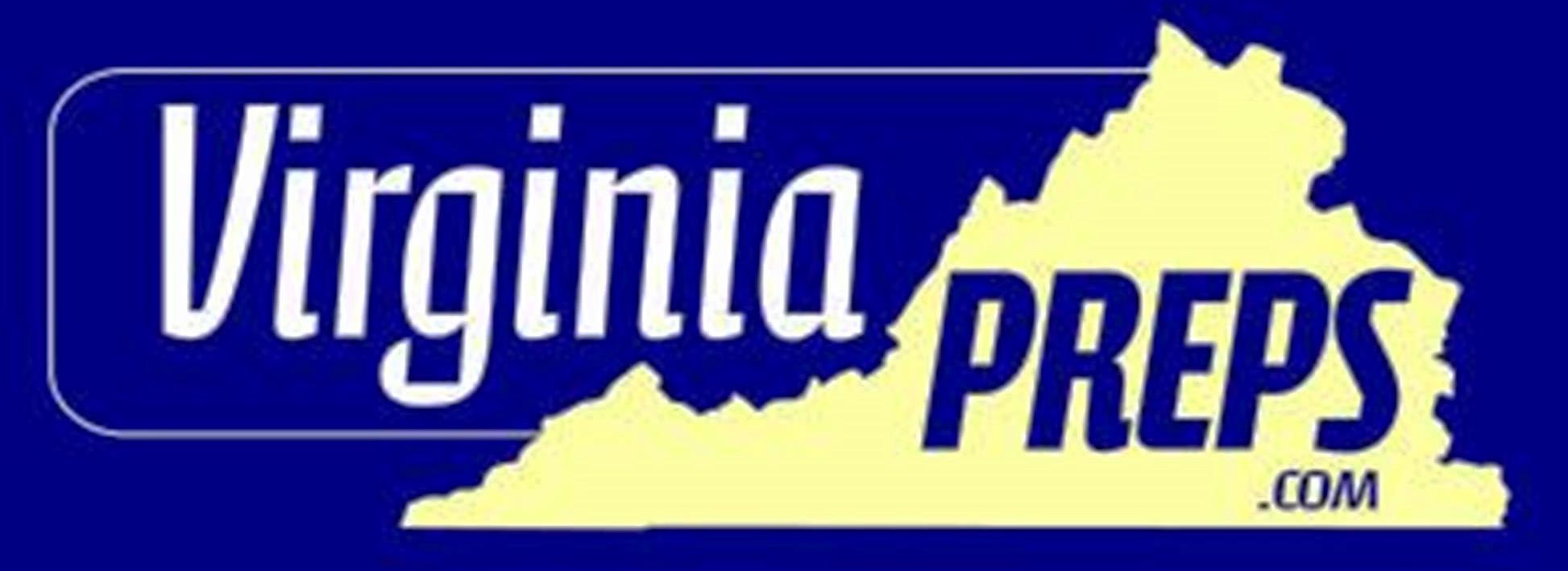Situation: A player about to score a touchdown turns and taunts his opponent around the 4-5 yard line before crossing the goal line. The player is flagged for unsportsmanlike conduct and the penalty was applied on the ensuing kick off.
My question: Should the touchdown have been nullified if the offense occurred before the player crossed the goal line? I guess this depends if unsportsmanlike conduct occurring during a play is a spot foul or if the penalty is assessed from where the ball is spotted at the end of the play?
My question: Should the touchdown have been nullified if the offense occurred before the player crossed the goal line? I guess this depends if unsportsmanlike conduct occurring during a play is a spot foul or if the penalty is assessed from where the ball is spotted at the end of the play?

